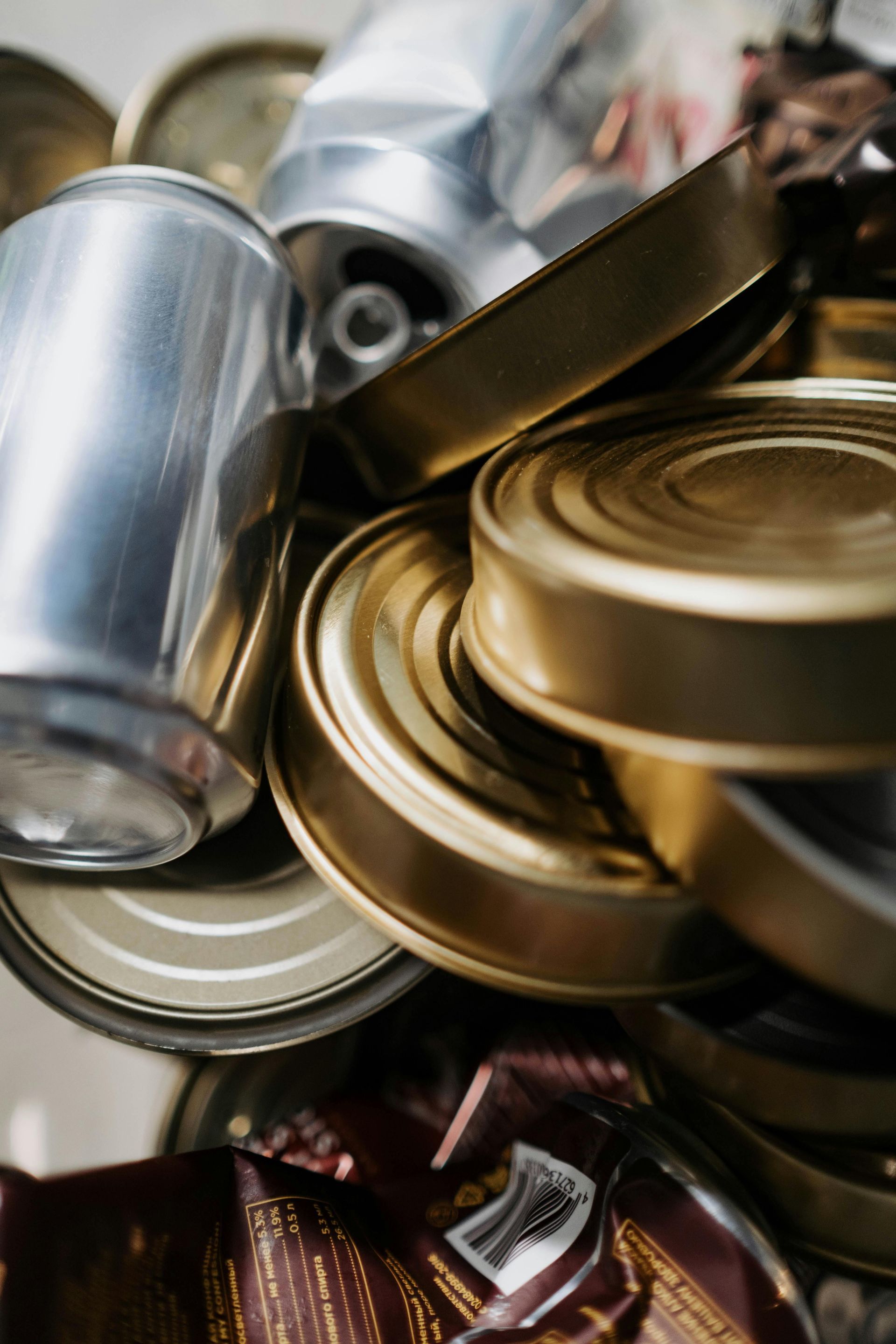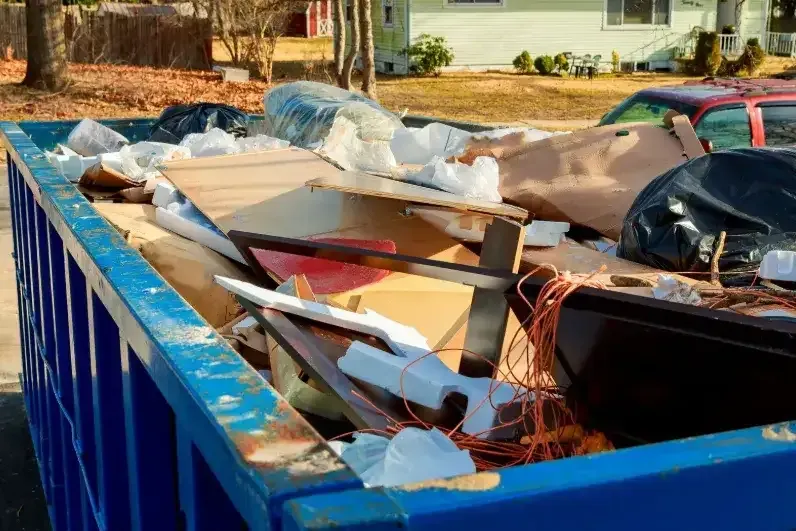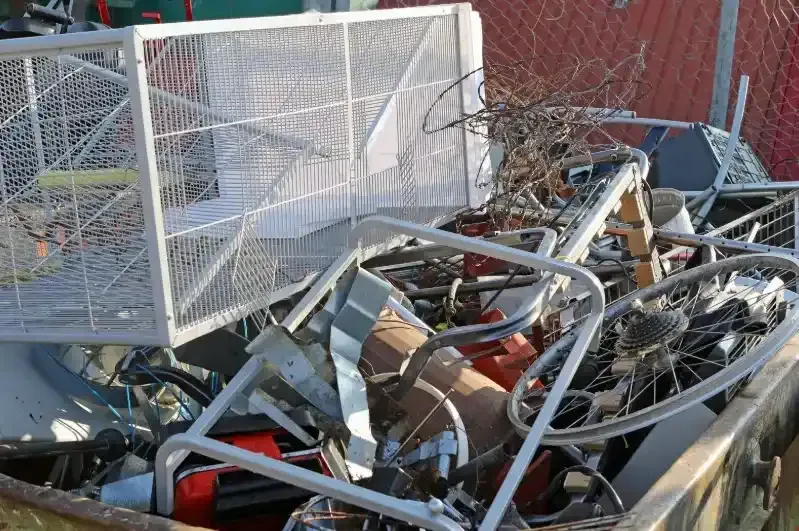The Impact of Recycling Scrap Metal on Global Sustainability
In today’s world, where overconsumption and waste have become pressing challenges, recycling scrap metal has emerged as an unsung hero in advancing global sustainability. Though the sounds of clanging metal and the busy activity within recycling yards may seem ordinary or overlooked, these actions carry profound significance far beyond their immediate surroundings. The process of collecting, sorting, and reprocessing scrap metal touches multiple facets of sustainability, including environmental preservation, economic resilience, and social welfare.
Rather than simply discarding unwanted metal, recycling transforms what many consider trash into valuable resources, reducing the need for energy-intensive mining and decreasing landfill waste. This continuous cycle not only conserves natural resources but also curtails pollution and greenhouse gas emissions.
The Hidden Power of Scrap Metal Recycling
At first glance, scrap metal might seem like little more than discarded remnants from construction sites, manufacturing plants, or old appliances. However, this seemingly worthless refuse conceals immense potential. Metals such as steel, aluminum, copper, and brass possess a unique capacity to be endlessly recycled without losing their properties. This means the metal reclaimed today can be reshaped into new products tomorrow, making scrap metal an invaluable resource in the circular economy.
Unlike many materials, metals can be recycled repeatedly, conserving finite natural resources. Mining for virgin metals involves significant environmental degradation, including habitat destruction, soil erosion, and water pollution. By contrast, recycling scrap metal dramatically reduces the need to extract raw ore from the earth, sparing ecosystems and curbing carbon emissions. In fact, recycling metals uses up to 95% less energy than producing metals from ore, underscoring its critical role in energy conservation.

Environmental Benefits Beyond Energy Savings
The environmental advantages of scrap metal recycling stretch beyond energy savings alone. When metals are recycled instead of sent to landfills, the volume of waste that contaminates landscapes and groundwater diminishes substantially. Metals left to rust in dumpsites can leach harmful substances into soil and water, posing risks to wildlife and human health. Recycling curtails these hazards by diverting metal waste from disposal sites and integrating it back into productive use.
Furthermore, reducing mining and refining operations lessens air pollution and greenhouse gas emissions. Mining activities often release particulate matter and toxic gases, such as sulfur dioxide and nitrogen oxides, contributing to acid rain and respiratory problems in surrounding communities. Refining metals requires large amounts of fossil fuels, adding to the carbon footprint. By closing the loop through recycling, the demand for these polluting processes shrinks, fostering cleaner air and mitigating climate change.
Economic Ripple Effects of Metal Recycling
Beyond ecological gains, the recycling of scrap metal generates substantial economic benefits, shaping more resilient and efficient markets. Scrap metal recycling industries employ millions globally, providing livelihoods in communities that might otherwise face economic stagnation. These jobs range from collection and sorting to processing and resale, creating a vibrant economic ecosystem. Moreover, the reduced need for raw material mining helps stabilize metal prices by supplementing supply chains with recycled content.
This buffering effect is especially crucial in times of geopolitical instability or supply disruptions. For manufacturers, using recycled metals often lowers production costs and enhances sustainability credentials, meeting growing consumer demand for environmentally responsible products. Additionally, recycling supports local economies by retaining value within communities rather than exporting resources overseas. Scrap yards and recycling centers serve as hubs for commerce, innovation, and education, catalyzing further sustainable development initiatives.
The Role of Technology in Enhancing Scrap Metal Recycling
Technological advances have fundamentally transformed the way scrap metal is processed and recycled, greatly enhancing both efficiency and effectiveness throughout the entire system. Cutting-edge sorting technologies, such as magnetic separation, eddy current separation, and advanced sensor-based sorting, empower recyclers to accurately identify and separate various types of metals with exceptional precision. This level of accuracy not only boosts recovery rates but also ensures that the recycled metals are of higher purity and quality, making them ideal for use in demanding industrial applications where material integrity is crucial.
In addition to sorting, innovations in shredding and melting techniques have expanded the range of scrap metals that recyclers can process. These advancements allow the handling of complex mixed metal alloys and even contaminated materials that were previously difficult to recycle, thereby increasing the overall volume of scrap that can be diverted from landfills and repurposed. On top of these physical processing improvements, digital platforms have revolutionized scrap metal trading and logistics by connecting sellers and buyers more quickly and transparently. This streamlined marketplace reduces inefficiencies, encourages wider participation, and promotes a more circular economy.
Social Dimensions of Scrap Metal Recycling
The influence of recycling scrap metal extends into social realms, affecting public health, education, and community well-being. Communities engaged in responsible recycling practices often experience cleaner environments, with fewer hazardous waste sites and pollution-related illnesses. This improved quality of life fosters healthier populations and reduces healthcare costs. Education plays a pivotal role in sustaining recycling efforts. Awareness campaigns andschool programs emphasizing the value of metal recycling nurture responsible consumer behaviors and environmental stewardship from a young age.
As knowledge spreads, individuals become empowered to participate actively in recycling, transforming societal attitudes toward waste. Furthermore, recycling initiatives often strengthen community bonds. Local scrap drives, cleanup events, and recycling challenges bring people together around a common goal, promoting collaboration and civic pride. Such collective action not only benefits the environment but also nurtures social cohesion and resilience.
Global Perspectives: Recycling as a Universal Imperative
While recycling scrap metal is widely practiced in developed nations, its importance resonates globally, especially as developing countries undergo rapid urbanization and industrialization. These regions face escalating waste management challenges, with burgeoning populations generating mountains of scrap metal daily. International cooperation and technology transfer are vital to equipping emerging economies with the tools and knowledge needed for effective scrap metal recycling.
By fostering global networks and sharing best practices, the world can ensure that the benefits of recycling extend equitably across borders. At the same time, addressing illegal scrap metal trade and unsafe recycling operations is crucial. Informal and unregulated sectors often neglect environmental safeguards, leading to pollution and worker hazards. Strengthening regulations and promoting sustainable business models are necessary steps to align scrap metal recycling with global sustainability goals.
Challenges and Future Directions
Despite its many advantages, scrap metal recycling faces obstacles that must be navigated carefully to realize its full potential. Contamination of scrap with non-metal materials, fluctuating commodity prices, and inadequate infrastructure can impede recycling efficiency. Moreover, consumer apathy or lack of awareness can limit scrap metal collection, resulting in valuable materials being wasted. Looking forward, innovation will continue to drive progress. Emerging technologies such as artificial intelligence and robotics hold promise for automating sorting processes and improving accuracy.
Circular economy principles may evolve further, encouraging product designs that facilitate easier disassembly and recycling. Governments, businesses, and communities must collaborate to create incentives and frameworks that support robust scrap metal recycling. Policies encouraging product stewardship, extended producer responsibility, and green procurement can create demand for recycled metals, fostering market stability.
The Ripple Effect on Global Sustainability
The recycling of scrap metal transcends being just an isolated industrial process; it serves as a crucial linchpin in the broader framework of global sustainability initiatives. Each ton of recycled metal conserves invaluable natural resources such as iron ore, bauxite, and copper deposits, which are finite and increasingly difficult to extract. Beyond resource conservation, recycling significantly reduces harmful greenhouse gas emissions by cutting down the energy required to produce metals from raw materials, thus playing a pivotal role in combating climate change. Additionally, metal recycling stimulates economic vitality by creating green jobs and supporting industries that rely on recycled content.
This intricate web of interconnected benefits extends far beyond the boundaries of recycling facilities. It influences key global challenges such as resource security, climate change mitigation, and social equity by promoting cleaner environments and fostering economic opportunities across diverse communities. Metal recycling stands as a shining example of how waste, when thoughtfully managed and creatively repurposed, transforms from a burden into a valuable asset. It truly embodies the spirit of sustainability — fulfilling present needs without compromising the planet’s ability to sustain future generations. In essence, recycling scrap metal is a dynamic force for positive change, essential for reshaping industries, protecting ecosystems, and empowering communities worldwide.
Reducing Environmental Footprints With Metal Reuse
The environmental benefits of recycling scrap metal are profound. Extracting raw metals from the earth is an energy-intensive process that leads to significant pollution, habitat destruction, and carbon emissions. Recycling scrap metal drastically cuts down on these impacts by reusing existing materials. This reduction in mining activity conserves natural ecosystems, reduces water contamination, and lowers greenhouse gases.
In addition to reducing extraction-related damage, recycled metal uses far less energy during processing compared to virgin metal production. This energy efficiency translates into fewer emissions and a smaller overall carbon footprint. By prioritizing metal recycling, industries and consumers contribute to a cleaner, healthier planet, making sustainability a shared responsibility across society.
Conclusion
The profound impact of recycling scrap metal on global sustainability cannot be overstated. It weaves together environmental conservation, economic opportunity, and social advancement into a cohesive narrative of progress. By reducing energy consumption, lowering pollution, and creating green jobs, metal recycling stands as a beacon of hope in the fight against climate change and resource depletion.
If you are located in Las Vegas and seeking professional assistance to manage your scrap metal or junk removal needs, consider reaching out to Hot Mess Cleanup & Junk Removal. With a commitment to environmentally responsible practices, they serve the Las Vegas community by offering reliable cleanup services that prioritize recycling and sustainability. For more information, you can contact them at 702-800-0506 or via email at info@hotmessvegas.com. Their expertise helps ensure that scrap materials are handled thoughtfully, contributing to a cleaner, greener future for all.









